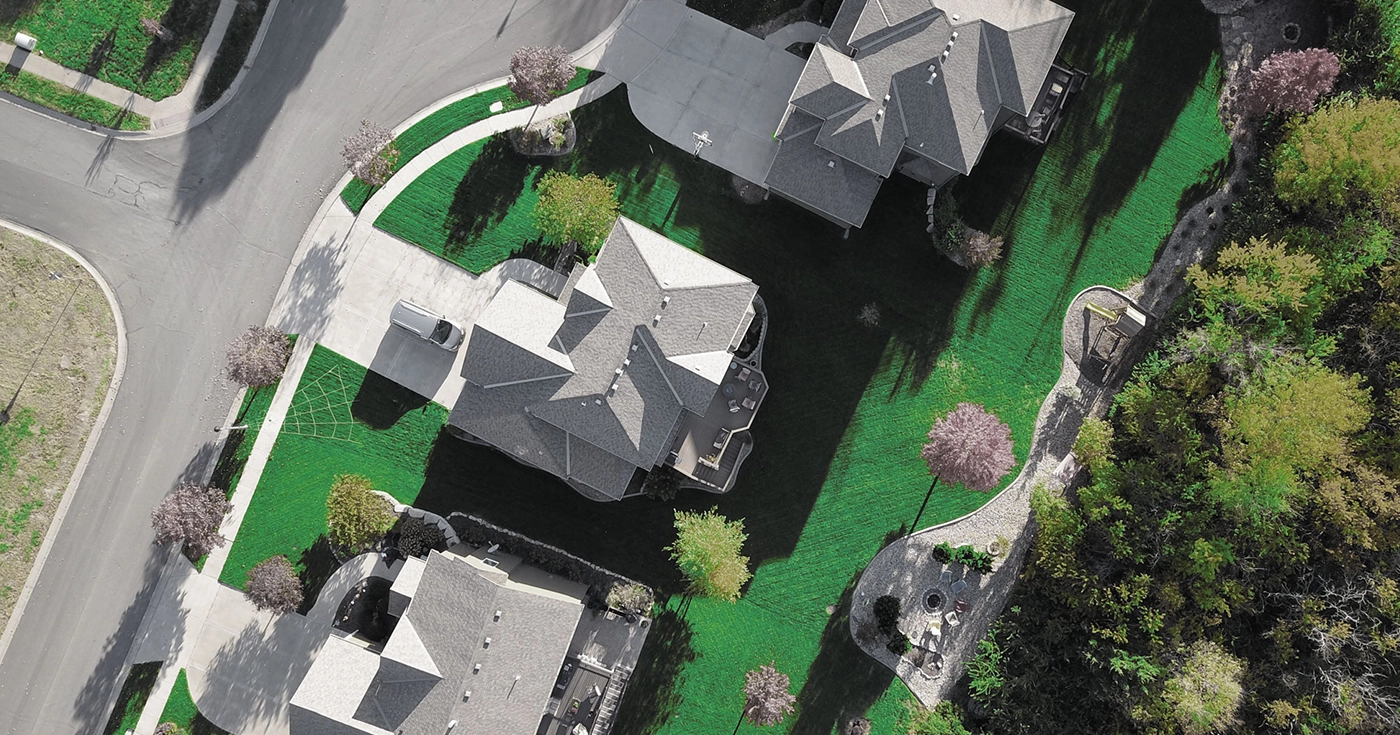
Investing in rural properties: is it worth it?
Real estate investment is considered one of the most solid options for diversifying a portfolio and obtaining stable, long-term returns. However, within this sector, the focus is often on urban properties: big cities, financial centers, and high-demand areas. In recent years, though, there has been a growing interest in rural properties, especially since the pandemic, which renewed appreciation for open spaces and nature. But is it really worth investing in rural properties?
Why invest in rural properties?
When we talk about rural properties, we refer to land or housing located outside urban areas. These properties range from small country houses to large tracts of land dedicated to agriculture or tourism projects. Here are some reasons that might favor this type of investment:
1. More accessible prices and potential for appreciation
One of the main advantages of rural properties is their general cost. Prices tend to be significantly lower compared to big cities, allowing access to larger plots of land or homes with more square footage at a lower cost than in high-demand urban areas.
Moreover, some rural areas are experiencing growth in demand for both residential and tourist rentals. The pandemic led to a surge in remote work, allowing people who work in companies that maintain flexible arrangements to live far from cities without compromising their professional lives. This has generated an increase in demand for rural properties, which could translate into appreciation of these lands in the coming years.
2. Investment diversification
Investing in rural properties allows for diversification in a real estate portfolio. Often, rural markets are not correlated with urban market movements, which can offer some protection against price fluctuations in cities. Additionally, rural properties can be allocated for different uses, such as agriculture, rural tourism, or even renewable energy projects like solar or wind installations, which opens the door to various ways of generating income.
3. Opportunities in rural tourism
Rural tourism is booming in many countries, driven by travelers’ desire to explore natural areas, disconnect from the fast pace of city life, and enjoy authentic experiences. Investing in rural properties to develop tourist accommodations, such as country homes or campsites, can become a good source of income. Furthermore, this type of tourism often faces less competition than saturated urban markets, which could increase profitability.
Challenges of investing in rural properties
Despite these advantages, investing in rural properties also comes with risks that need to be considered. First of all, the liquidity of rural properties tends to be lower than that of urban areas. This means that if you want to sell, it can be more challenging to find buyers, as demand is lower. You should also consider that resale value may depend on factors such as proximity to infrastructure or services and the potential use of the property.
Another challenge is the maintenance of rural properties. Often, these properties require more effort to keep in good condition, especially if they involve large plots of land or older buildings. Additionally, expenses for basic infrastructure, such as access to electricity, water, or high-speed internet, can also present challenges, resulting in inconveniences for those who seek connectivity and reliable internet access.
Finally, local regulations and restrictions can be a determining factor. Some rural areas may have strict rules on construction or land use, which can limit development plans. It is crucial to research local regulations and the land-use possibilities before making an investment.
Is it worth investing in rural properties?
The answer to this question largely depends on the investor’s objectives and the type of rural property in question. For those looking for a long-term investment with potential appreciation in areas like rural tourism or sustainable agriculture, rural properties can be an advisable alternative. Additionally, they may offer opportunities for lower-cost purchases and greater diversification compared to urban investments.
However, it’s also important to consider the challenges they present, such as lower liquidity, higher maintenance costs, and potential connectivity limitations. To make this investment profitable, it’s crucial to conduct a thorough analysis of the area, demand, and land conditions.
In summary, investing in rural properties can be worthwhile but requires careful planning to navigate its challenges and opportunities. With the right approach, rural properties can be a valuable addition to a diversified investment portfolio, with the potential to generate solid, long-term returns.

